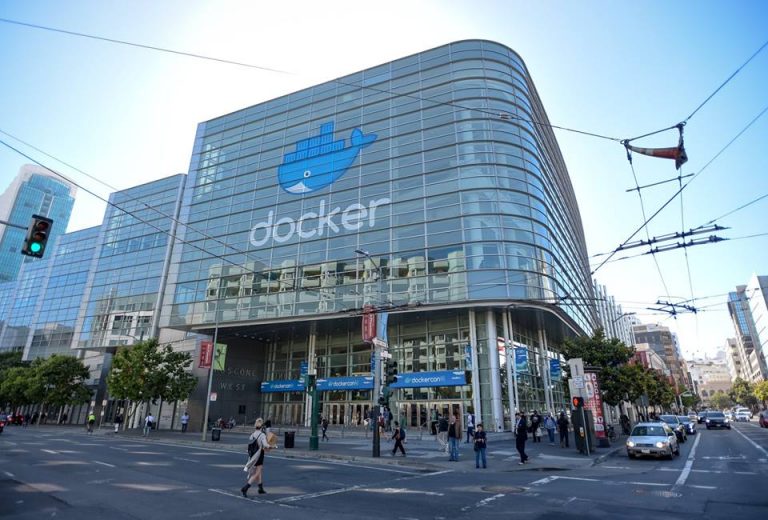 CLOUD
CLOUD
 CLOUD
CLOUD
 CLOUD
CLOUD
Docker Inc. has unveiled a refreshed version of its flagship enterprise offering with a raft of new features for developers.
Debuted at an event in San Francisco today, Docker Enterprise is a commercial version of the startup’s open-source software container toolkit. Containers enable companies to build efficient, portable applications that can run on many different types of infrastructure. The technology also facilities modularity, allowing developers to package the key components of their software into separate containers to simplify maintenance.
Docker Enterprise 3.0 brings a new local development tool dubbed Docker Desktop Enterprise. According to the startup, it enables programmers to automatically replicate the configuration settings of their company’s container environment on their workstations. The idea is to help engineers ensure that a piece of code that appears to run well on their laptop will behave as expected in production as well.
Docker Desktop Enterprise also includes features for information technology teams. Administrators can create custom versions of common software components used by their company’s developers, such as databases, and equip them with predefined settings. That removes the need for software teams to configure everything themselves while enabling the information technology department to make sure that software components comply with internal policies.
Another new tool rolling out with today’s update is Docker Applications. Similarly to Docker Enterprise Desktop, it provides the ability to create preconfigured software templates, except these templates may include multiple components. Users can create a blueprint describing a complete containerized cloud service down to low-level details such as what infrastructure it will use.
What sets Docker Applications apart from the existing methods available for doing so is that it’s portable. According to Docker, templates created with the tool are easy to share between teams and can work in multiple environments without necessarily requiring major modifications.
“It allows users to manage complex applications as simply as individual containers, with tools to build, push and deploy multicontainer applications as self-contained objects,” David Hamdani, a senior product marketing manager for Docker, detailed in a blog post.
Other enhancements in Docker Enterprise 3.0 include deeper support for Kubernetes, the market-leading container management framework, and an expanded set of security options. Finally, Docker is releasing a managed version of the platform that automates day-to-day maintenance tasks such as patching. It can run on Amazon Web Services, Microsoft Corp.’s Azure and on-premises OpenStack infrastructure.
Docker claims that Docker Enterprise is used by more than 750 enterprises worldwide.
THANK YOU